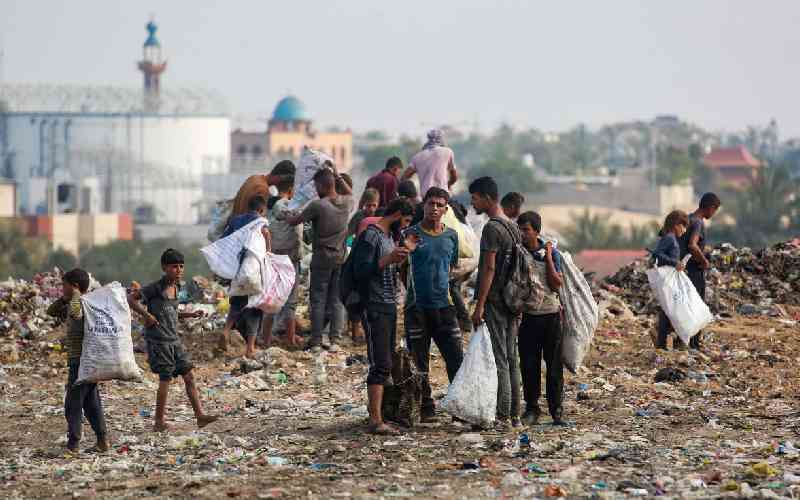×
The Standard e-Paper
Stay Informed, Even Offline

The Gaza Strip remains in a state of "constant peak emergency", a UN official said, as aid groups continue to face severe challenges in delivering assistance after more than a year of war.
"Every day is a struggle to make sure that we can provide our assistance," Antoine Renard, head of the World Food Programme (WFP) in the occupied Palestinian territories, told AFP shortly after a visit to war-torn Gaza.







